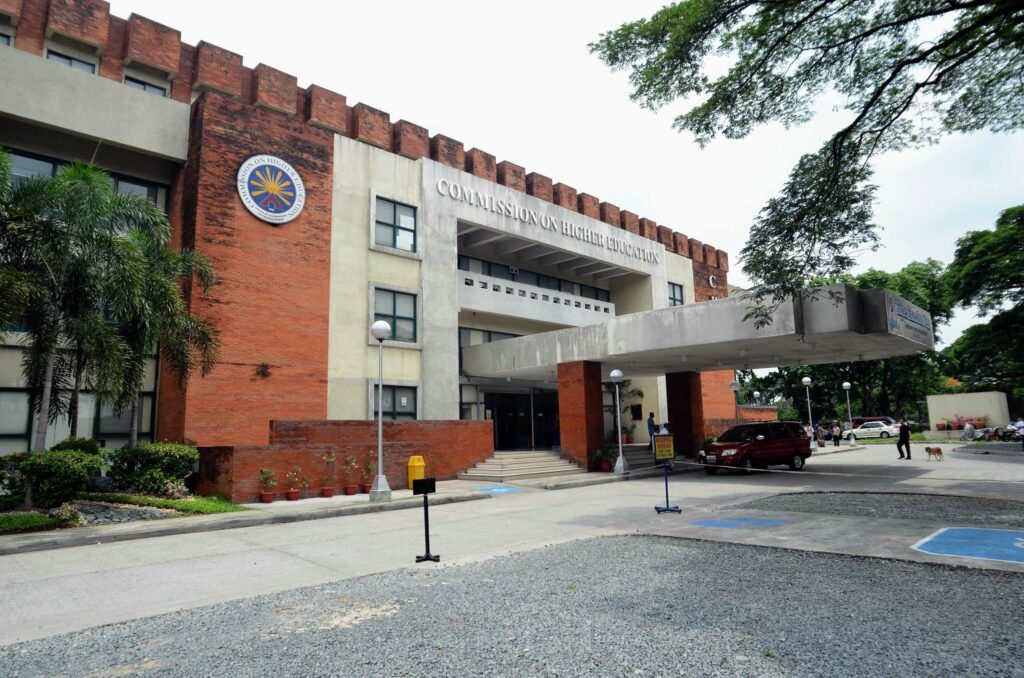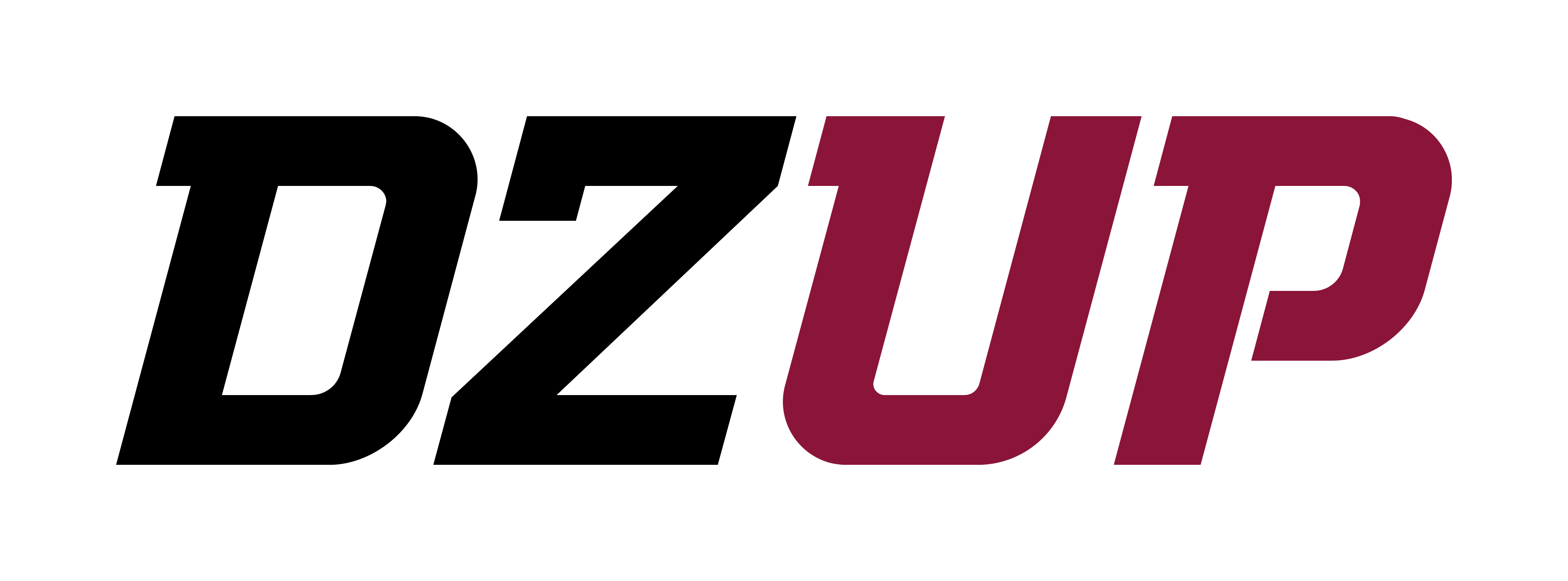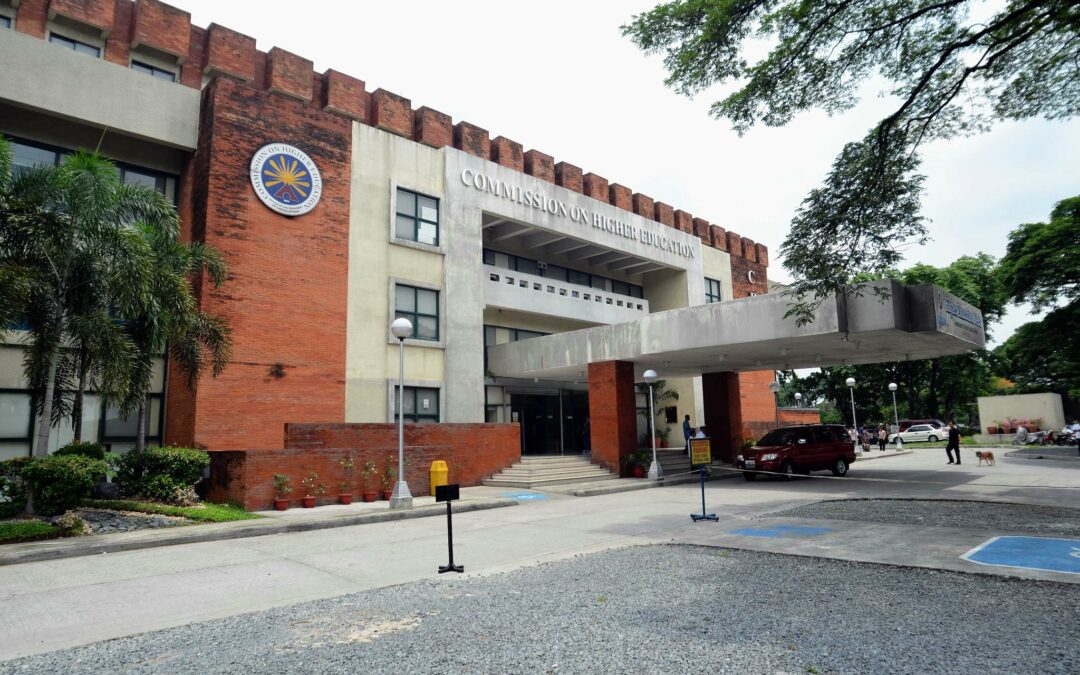
The Commission on Higher Education (CHED) rejected proposals calling for the suspension of classes in the country’s higher education institutions (HEIs) in the wake of consecutive destructive storms that ravaged much of Luzon while the Philippines grapples with the ongoing COVID-19 pandemic.
“No to both, especially for the nationwide academic break because the impact of the typhoon and the disasters are different across different parts of the country. And, number two, no also to the Luzon-wide (academic break) because the universities are already deciding on it,” CHED Chairman Prospero De Vera III explained in an interview on CNN Philippines Tuesday, November 17.
For De Vera, university officials should resolve the suggested academic break on a case-by-case basis as they are “in the best position to decide.” “A unilateral suspension is not a good policy because we cannot make unilateral decisions that are not based on what is actually happening on the ground,” the Chairman argued.
Several schools like the University of the Philippines (UP), Ateneo de Manila University, De La Salle University, University of Santo Tomas, and the Polytechnic University of the Philippines have all declared an academic break for a minimum of five days in consideration of those who were severely affected by Super Typhoon Rolly and Typhoon Ulysses.
Further shortening the semester, according to the Chairperson, could also be problematic due to heavier workload for both students and faculty members. “I cannot support the reduction of the number of weeks in a semester because kawawa ang mga bata at sakâ faculty diyan. You have the same learning outcomes to be achieved, but you are compressing it [in] a shorter period.”
Instead, the CHED executive urged school authorities to be open to the possibility of extending the semester until January. “You can take a short academic break for things to normalize and then you continue the learning process. You can move it to January; you can end the semester in January. Adjust the second semester in February. It is possible that you can give up the summer break or the break between school years, or you reduce it so that you have more time for the regular semester,” he said.
Students and some teachers in UP have showed their support to cut short the semester soon. According to the UP Office of the Student Regent, 232 faculty members across the UP System have already petitioned the University administration to end the semester now and to pass all students. “The pressure to finish the remaining days of the semester has exacerbated to the point of inhumanity,” their appeal reads.
“At this point, the insistence of the remote learning system only widens the inequality in education and thoroughly exposes its inaccessibility across the youth,” a unity statement from UP’s student councils reads.
“With this, we strongly support and we are one with the ongoing strikes of the students and professors and other forms of action across the UP System to compel university administrators to end the semester now, to conduct mass promotion to ensure the pass mark for all with a no fail policy with all necessary adjustments for all courses, and to redirect the university to collectively exhaust efforts for the relief and needs of the Filipino people,” the statement continued.
De Vera, however, opposed the demand to altogether terminate the semester.
“You end the semester if you cannot do anything anymore to continue the learning of students. But, that is not true because, number one, you could extend the semester. So, there is no reason to unilaterally suspend the whole learning process. And, number two, there are may ways to continue learning,” he said.
“You know, this idea that you just stop everything is not based on empirical evidence because there are schools who have gone online or [have done] flexible learning that have already completed the semester and continued the learning process. And, the students there are doing well,” De Vera added.
While the decision to change the academic calendar rests upon individual universities in the exercise of academic freedom, the Chair reminded education institutions that they still need to go through their respective governing boards, especially for state universities and colleges (SUCs). “It will be an interesting discussion if that goes to the Board,” the CHED official said.
The higher education chief said he is scheduled to meet with university presidents this week to know the various situations of HEIs on the ground. De Vera, along with CHED Commissioners, concurrently serves as the chairman of the Boards of Regents of the 112 SUCs in the country.

